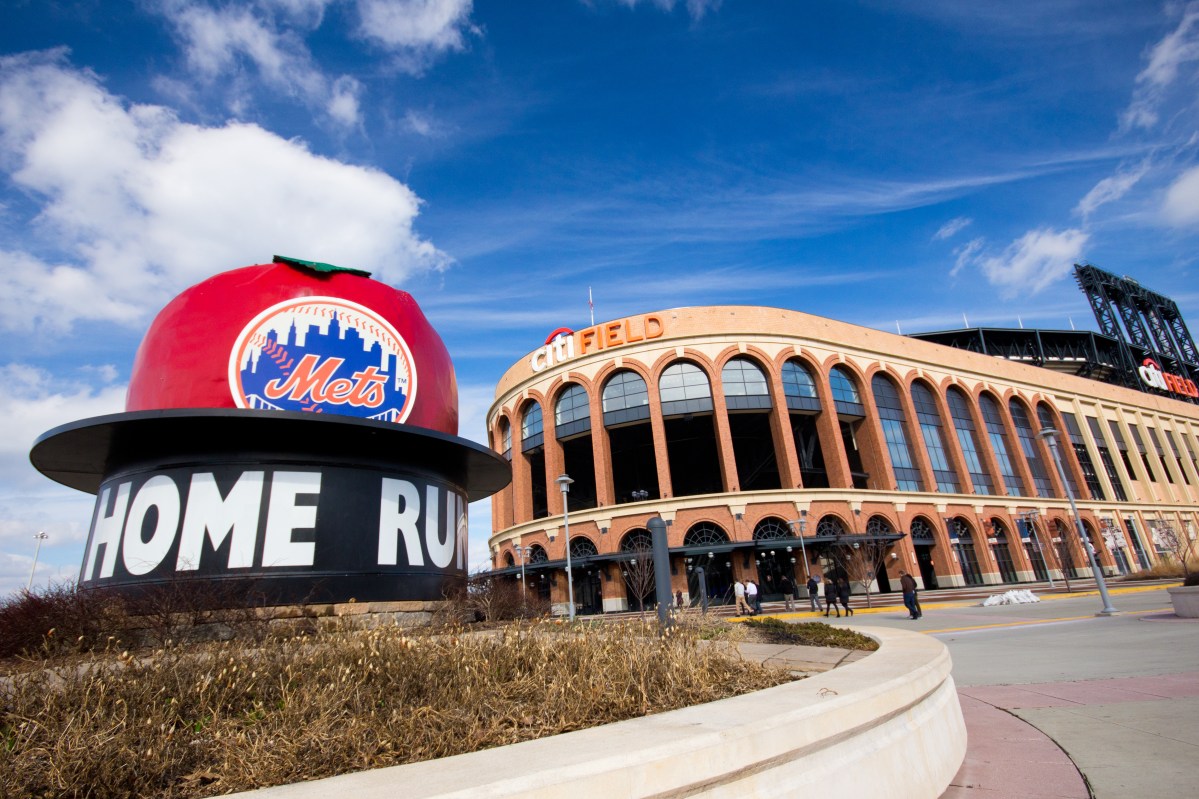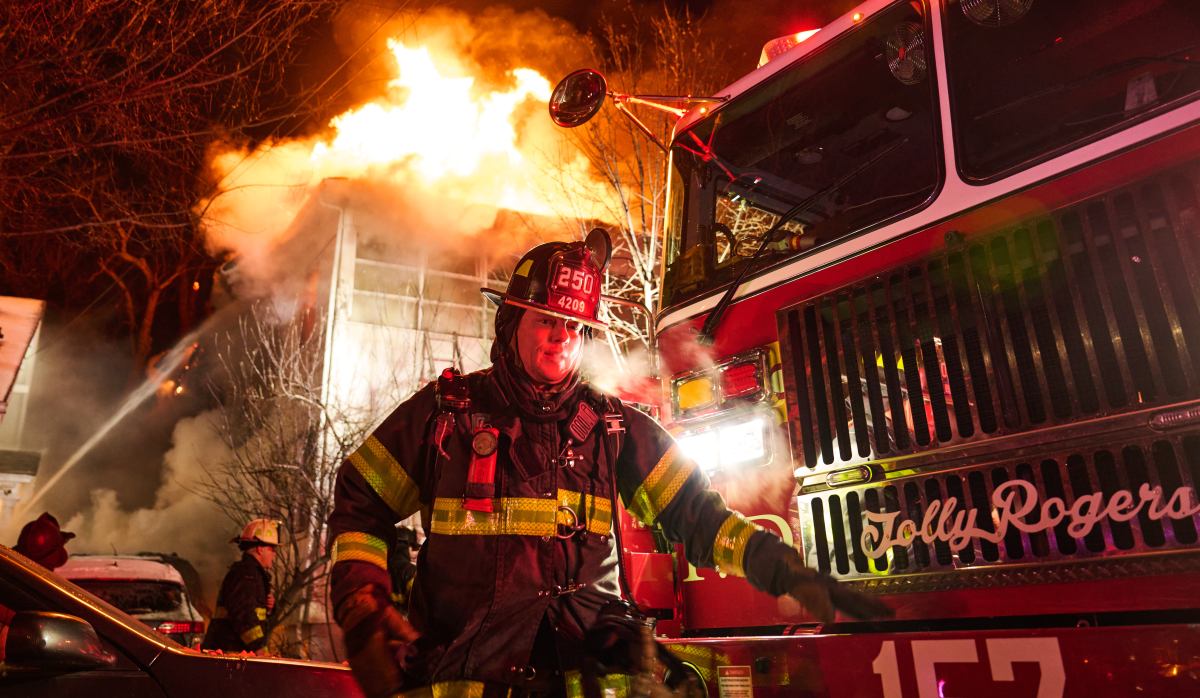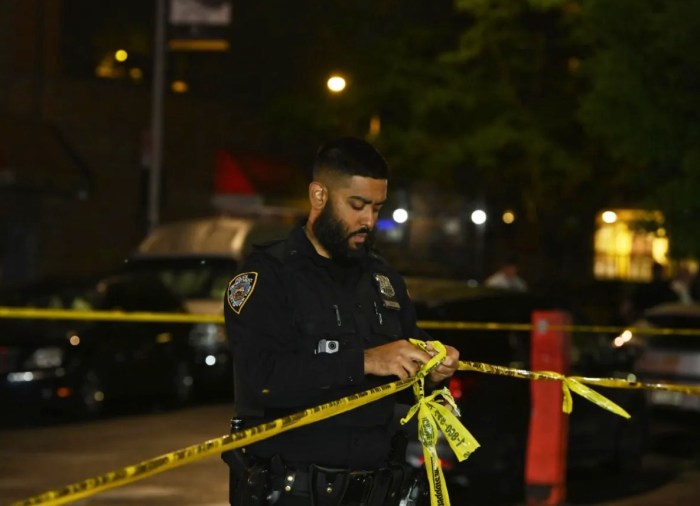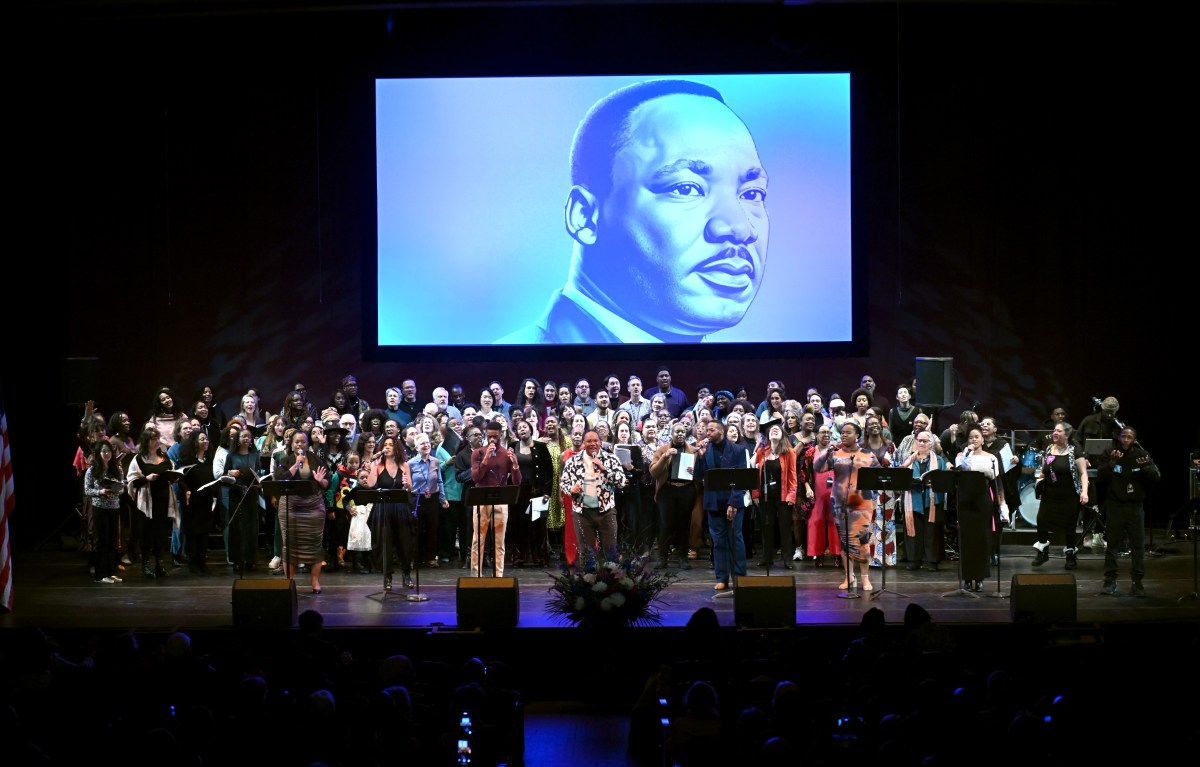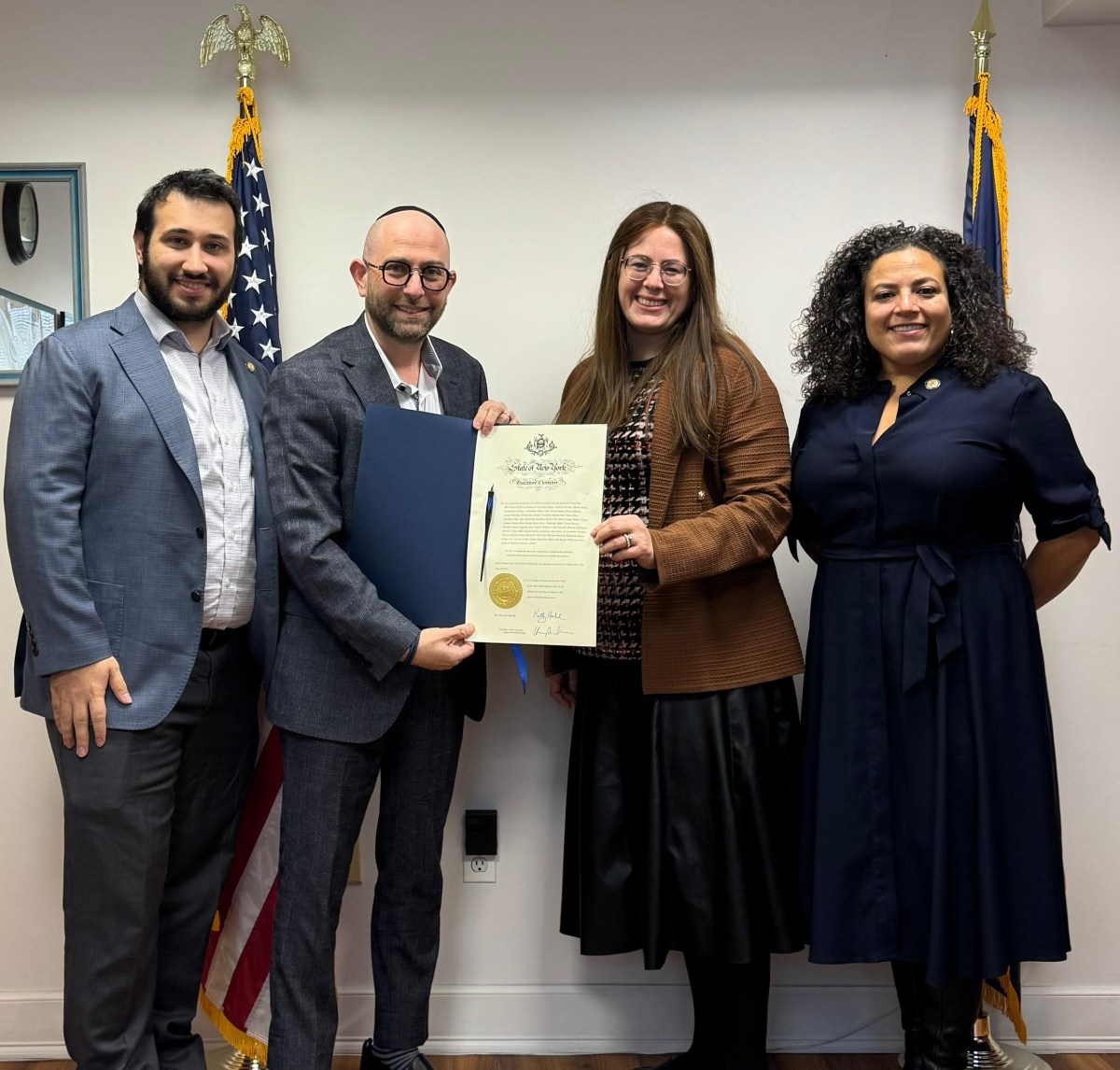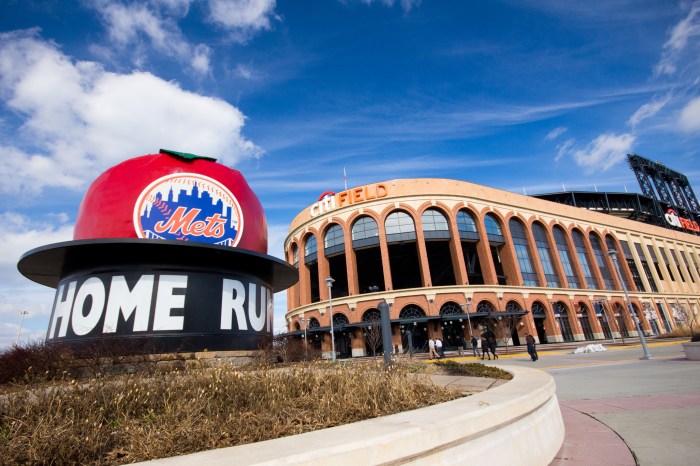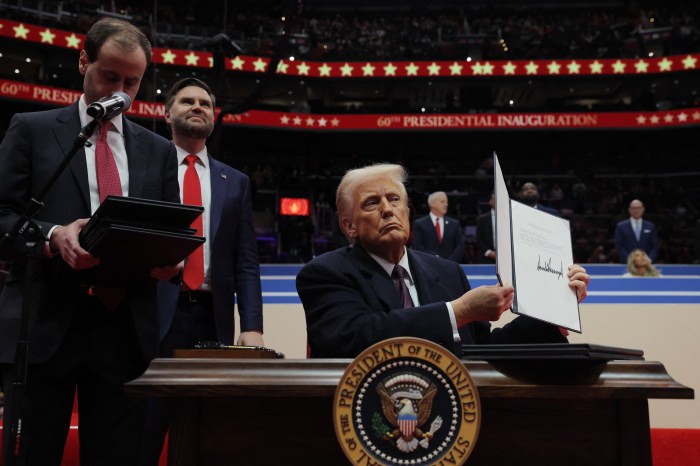While visiting the Bronx Monday, Federal Reserve Bank of New York President John Williams toured the Baldor Specialty Foods distributors’ facility, learned about technology training at Per Scholas and discussed the state of small business at the Bronx Museum of The Arts. Williams, who leads an institution charged with supervising and regulating banks, distributing money between banks through wholesale payments and promoting community development and reinvestment, stopped to discuss the local economy with amNewYork:
Why are you in the Bronx?
"… We in the community development sphere — under our authority under the Community Reinvestment Act and more generally, a mission to see economic prosperity — do work together with community groups, local governments, businesses on economic development issues. We don’t bring money to the table, but as I said, I think we bring data, analytics and convening authority. … Sometimes there are people who say, ‘I’d love to — I wish someone would you know invest in our business.’ And there’s people that say, ‘I wish there was a business to invest in.’ But we can help set up kind of a little bit of an ecosystem … A lot of this world of community and economic development … historically has tended to focus on specific things like housing or maybe an issue around education…"
What have you learned so far or noticed about the borough?
"… There’s a huge amount of pride about the community. That’s obvious; it’s loud and clear in a very good way. It’s fun. People are excited, I think, about how things are going … When I was a kid a long, long time ago, you’d think of the Bronx as an area that’s really struggling and that has hit hard times. And obviously, that has not been true for decades…"
Based on your research and what you are hearing today, how would you say the Bronx economy is doing? What are the strengths and weaknesses?
"… Like this New York City area, it’s added a lot of jobs. Unemployment is relatively low. … The Bronx still has — compared to the United States as a whole — a higher unemployment rate, a very high poverty rate and … is one of kind of the most challenged areas, in terms of people having access to credit…"
What are the more common hurdles for people that lack credit or have credit issues?
"… One of them is that people feel that they would just get turned down. Obviously for some members of the community, they just don’t have enough income or job history to do that. It gets back to this issue of poverty …"
How impactful do you anticipate Google, Amazon and some of their peers’ expansions being for the economy in the city and in the Bronx?
"… I lived in the area near Oakland, and Oakland doesn’t have a lot of tech companies; it has a few. But a lot of the tech is in Silicon Valley in San Francisco, which is across a bridge, a bay and all that. But what you see is this natural progression as Apple and Google and Facebook and all those, Twitter and everyone, hires up and more people live there, the cost of living goes up, and people move to live in other areas. Jobs tend to move to other areas, too. … It spreads the wealth a bit, so I think that’s a positive development . … The big challenge is: how do we preserve the richness of the community; how does this … benefit the community as a whole, as opposed to be a wave of gentrification? …"
How prepared is the city or the Bronx to help lower-income residents compete for the jobs at these sorts of expanding companies?
"… When companies come in offering relatively high paying jobs, they’re looking for a high level of skills. … And so that’s why I kind of emphasize over and again, this is this opportunity for people — community colleges, nonprofits, employers — to really work on upskilling our labor force and helping people in the communities get the job skills, get the experience, whatever they need, in order to be competitive for these jobs…"
What is your sense of how the new opportunity zones, which allow investors in economically-distressed areas to receive preferential tax treatment, will impact local communities?
"… What I’ve heard — and we just had a meeting on this — it sounded more like people aren’t 100 percent clear on how this is actually going to work, exactly all the rules and regs around it. And so because of that, there’s a lot of willingness to do it if it makes sense, but not a lot of clarity. … What we heard is not much is actually happening — a lot of discussions, but not much activity."



